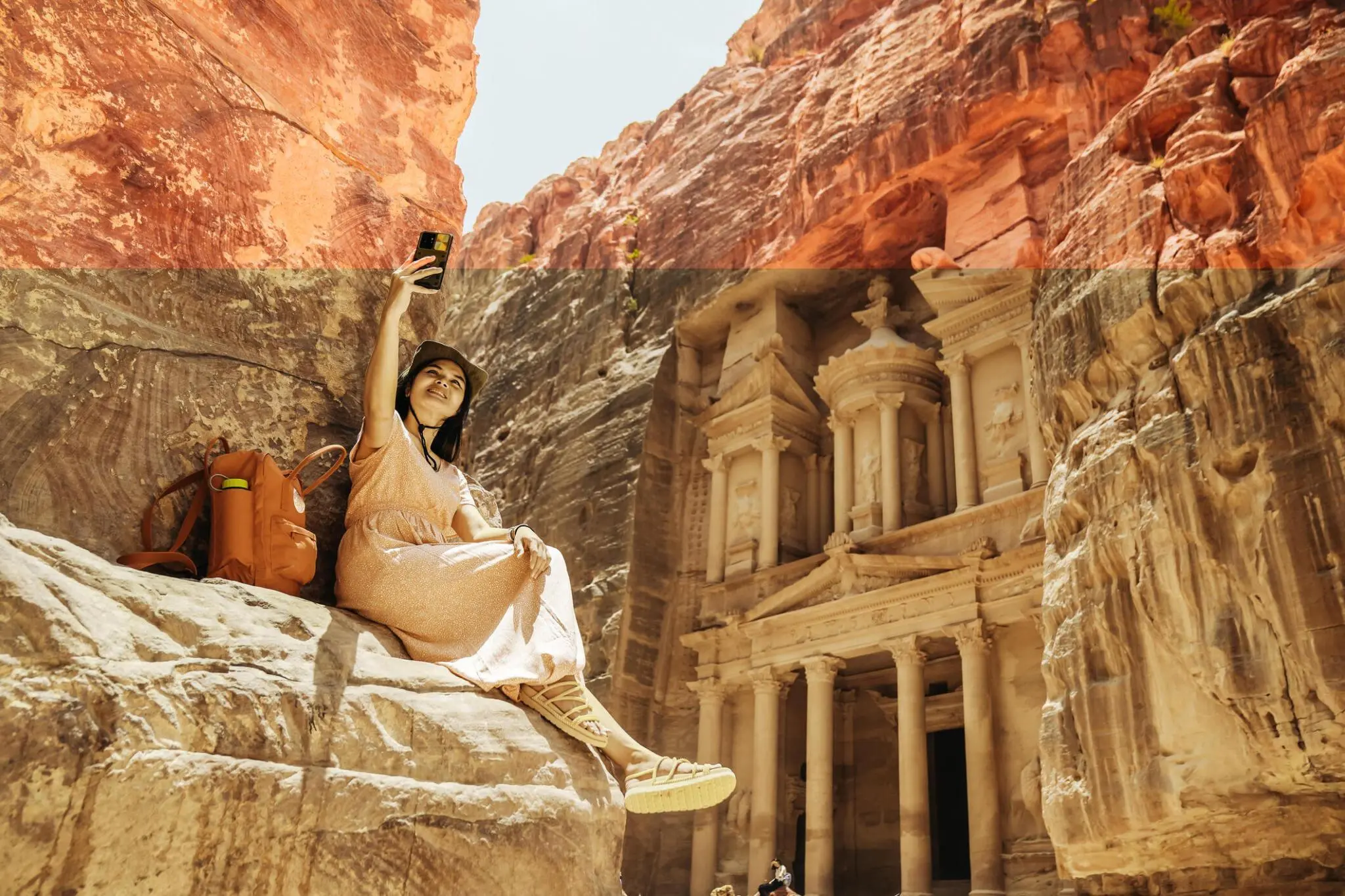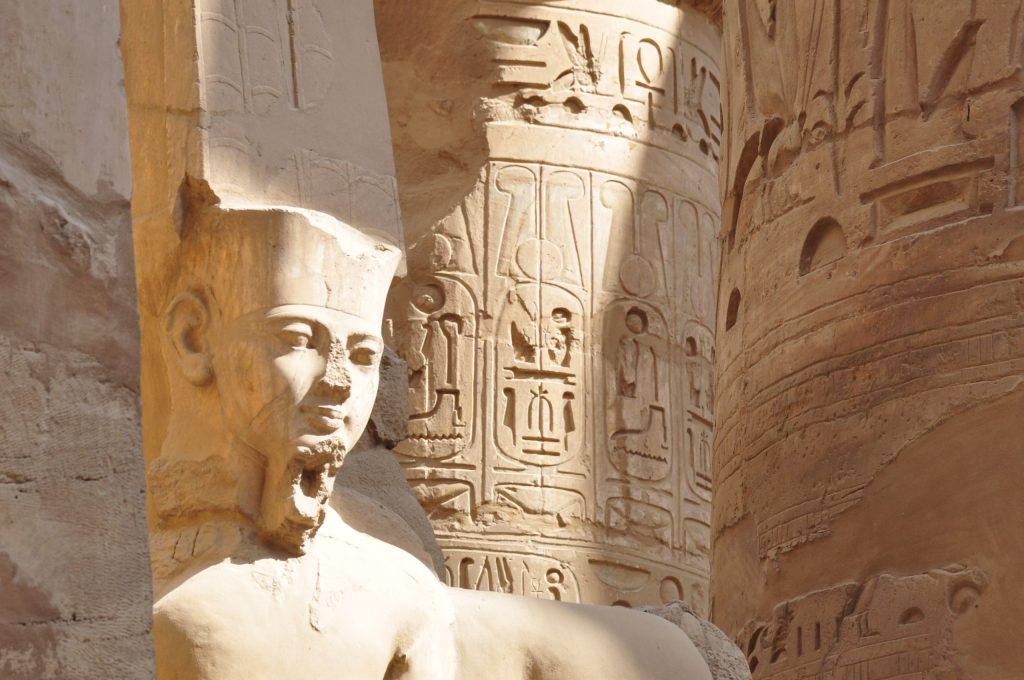Who is Thoth in Egypt?
1Who is the God Thoth in Egypt, And Why is he so Important In The Ancient Egyptian Mythology?
1. Who Is Thoth? First Dates of Thoth According to Egyptian Mythology
Thoth or Djehuty, as one might put it, is amongst the powerful gods held dearly by the ancient Egyptians. Down through the mouths of these people. He was promoted as the god of wisdom, writing, logic, science, magic, and the moon. With the wisdom of the gods, Thoth stood at the center of both spiritual and intellectual life. Somehow, it is held that he came forth from the divine lips of Ra, the sun god, and rapidly became the scribe of the gods by penning down the laws of the universe and the verdicts of the gods themselves.
In his majestic role of sustaining cosmic order and preventing chaos, Thoth carried the burden of interfering between gods whenever there arose conflicts, even the renowned quarrel between Horus and Set. Consequently, harmony, truth, and justice became the main attributes of this god. The ancient Egyptians believed that he invented hieroglyphic writing and thereafter became the protector of all scribes and scholars.
On the other hand, his powers did not rest in heaven alone; he became intimately involved with funerary cults and had a parallel interest in the souls from their death right up to their liberation into the Beyond. With these rites for funerary cults, his domain was not only of knowledge but of eternal order. Worshipped in temples across Hermopolis and beyond, undoubtedly, Thoth stood for divine wisdom and the structure of life itself.
2. Symbols and Powers: Wisdom, Writing, and the Moon
Thoth has a richly symbolic world with his icons reflecting his divine attributes. Artists commonly depicted him as a human body with an ibis head or, rarely, a complete baboon. The ibis, having a slender, curved beak, stands for Thoth’s keen mind along with sharp analytical interpretation. The baboons reciprocate their lunar significance: these animals are related to lunar cycles and spiritual watchfulness.
The crescent moon and lunar disk formed another important symbol of Thoth, emphasizing his keepership of time and calendar regulation. Marking the passage of days, months, and years by lunar cycles, the association with the Moon made him a measure of human activity, and this was vital for the building of temples or the performance of agricultural activities.
In his hand, one can find the palette and reed pens, which, according to mythology, Thoth conceived himself as symbols of writing and his divine prerogative to record knowledge. The emphasis in iconography on writing can highlight Thoth’s concern with law, communication, and the language of the gods. Sometimes, he is also portrayed holding scales, symbolic of his role in weighing the hearts of the dead.
In sum, his symbols narrate the story of a god associated with mental clarity, moral order, and sacred science, and thus a god of wisdom implicated in connecting mortals with the divine.
3. Thoth’s Legacy: His Role in the Afterlife and Egyptian Belief System
The Egyptians in the time of history considered Thoth to play a central part in the afterlife. As the official recorder of souls. Thoth would be recording all proceedings of the “Weighing of the Heart” ceremony. Besides, the deceased’s heart was weighed against the feather of Ma’at. If the heart was considered light, the soul would whirl away into paradise; if heavy, the devourer of the dead called Ammit would swallow it.
This judicial nature further cemented Thoth as a custodian of truth, fairness, and divine judgment. Outside the underworld, it is said that the teachings of Thoth, both mythological and magical, were recorded in the Book of Thoth, said to be the basis of all divine knowledge. This book, although its existence is not proven, has given rise to an immense lineage of esoteric thought, including Hermeticism.
An undeniable proof of the importance of Thoth can be seen in the erection of temples dedicated to him, especially at Hermopolis. The god was not just a deity but also a patron of knowledge and righteous dispensation of fate.
Meanwhile, symbolic art and spiritual systems that bind human intellect with higher-order cosmic truth continue to keep alive the mystique of Thoth to this day.












